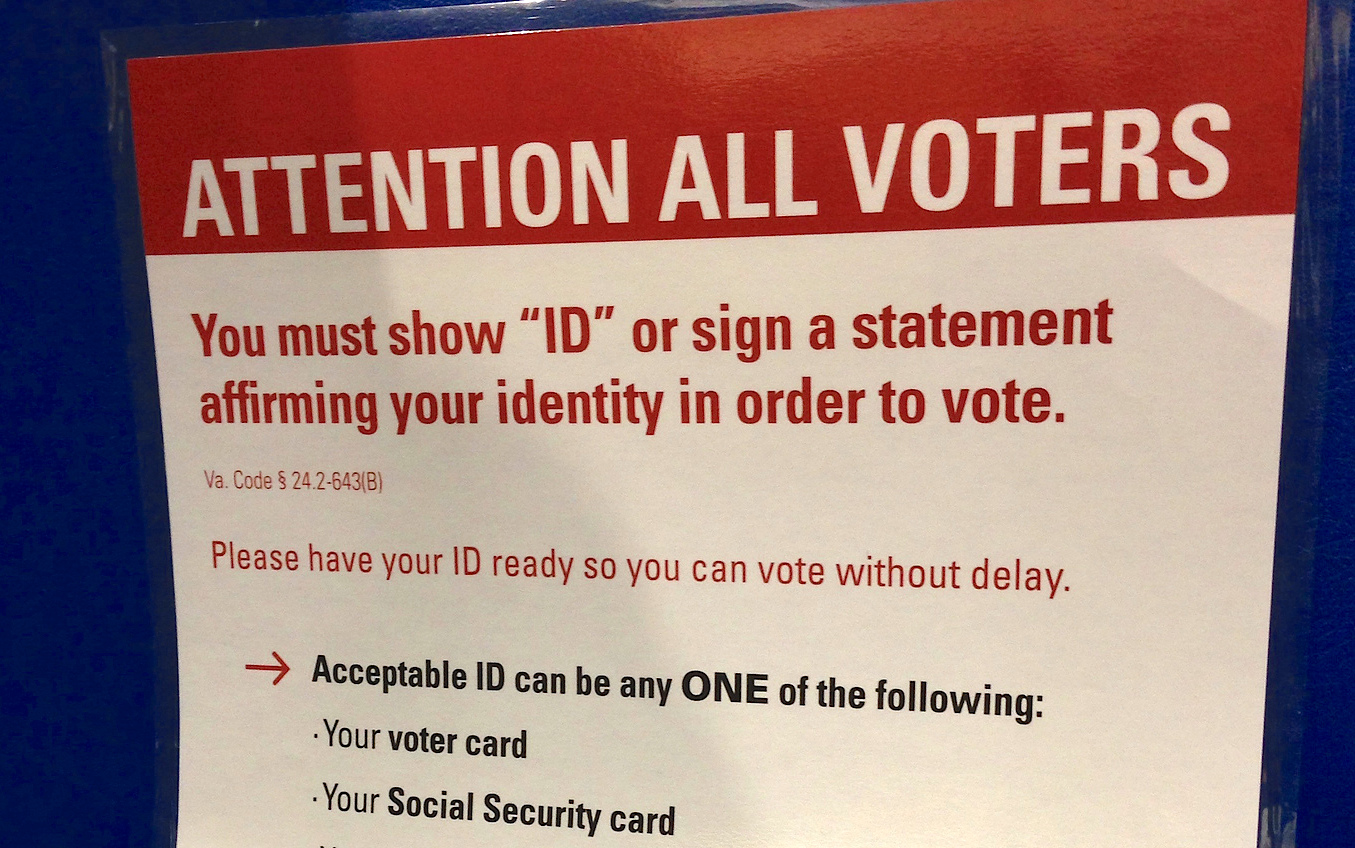A federal judge has ruled for the second time that a Texas law has intentionally discriminated against minority voters.
Judge Nelva Gonzales Ramos, of the United States District Court for the Southern District of Texas, ruled Monday that in 2011, lawmakers passed a voter ID law with intent to discriminate against Black and Latino voters. She made a similar ruling in 2014, married with the ruling that the law had a discriminatory effect.
The state of Texas appealed Gonzales Ramos’ previous decision to the Fifth Circuit Court of Appeals, which agreed with Gonzales Ramos on the discriminatory effect ruling. Texas appealed to the U.S. Supreme Court about the discriminatory effect ruling, but was rejected, and the lower court’s ruling stands. But the Fifth Circuit did not agree with the discriminatory intent ruling and sent it back to Gonzales Ramos.
It’s no surprise Gonzales Ramos again found that lawmakers had an intent to discriminate, says Mark Jones, with Rice University’s Baker Institute.
And without question, Jones says, Texas is going to appeal the ruling again to the Fifth Circuit.
“Given that we’re dealing with pretty much the exact same evidence – and [Gonzales Ramos] never could locate a real smoking gun that showed true discriminatory intent,” he says, “it’s going to be pretty likely that the Fifth Circuit is going to overturn her ruling – which means the plaintiffs will end up appealing it to the Supreme Court. So we’re looking at this case probably being in the court system for at least another year or two.”
If Gonzales Ramos’ ruling stands, the case could put Texas’ election procedure under federal oversight. Plaintiffs could go to the courts and ask that Texas be bailed under Section Three of the Voting Rights Act – which states that if a state or jurisdiction is shown to have intentionally discriminated against certain voters, the state or county must get permission from the federal government to put further election laws into effect.
“What plaintiffs are trying to do is effectively find another way to get federal oversight over elections in Texas,” Jones says. “That’s a pretty tough hurdle because you have to show real evidence that the state and the … Republicans in the state were discriminating against minorities – not just trying to engage in partisan gamesmanship to get them more legislative seats.”
Monday’s ruling does not change Gonzales Ramos’ 2016 agreement with Texas for the state to set new rules about which forms of identification were acceptable to use to enter the voting booth. Citizens may use expired IDs as well as any on a list of seven photo ID documents including driver licenses, licenses to carry a handgun, passports and military identification cards. If a citizen does not have an acceptable form of ID they may sign an affidavit explaining why they aren’t able to obtain one of these forms of identification and provide some non-photo documentation like a utility bill.
The rules will likely be codified in Texas this legislative session, Jones says.
Jones says the University of Houston Hobby School of Public Affairs released a survey Monday that shows while very few people are adversely affected by not having a photo ID, that 80 percent of voters don’t understand the newly brokered voter ID laws.
“Which shows that the secretary of state, as well as media and other groups need to do a better job as we approach 2018 to educate voters about the voter ID law,” Jones says, “so that everyone who wants to vote can vote.”
Written by Beth Cortez-Neavel.
















